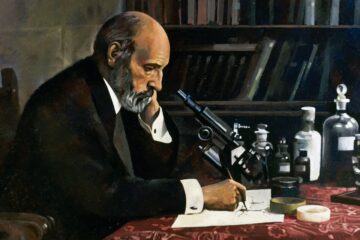Oshan Jarow in Vox:
 Sometimes when I’m looking out across the northern meadow of Brooklyn’s Prospect Park, or even the concrete parking lot outside my office window, I wonder if someone like Shakespeare or Emily Dickinson could have taken in the same view and seen more. I don’t mean making out blurry details or more objects in the scene. But through the lens of their minds, could they encounter the exact same world as me and yet have a richer experience? One way to answer that question, at least as a thought experiment, could be to compare the electrical activity inside our brains while gazing out upon the same scene, and running some statistical analysis designed to actually tell us whose brain activity indicates more richness. But that’s just a loopy thought experiment, right?
Sometimes when I’m looking out across the northern meadow of Brooklyn’s Prospect Park, or even the concrete parking lot outside my office window, I wonder if someone like Shakespeare or Emily Dickinson could have taken in the same view and seen more. I don’t mean making out blurry details or more objects in the scene. But through the lens of their minds, could they encounter the exact same world as me and yet have a richer experience? One way to answer that question, at least as a thought experiment, could be to compare the electrical activity inside our brains while gazing out upon the same scene, and running some statistical analysis designed to actually tell us whose brain activity indicates more richness. But that’s just a loopy thought experiment, right?
Not exactly. One of the newest frontiers in the science of the mind is the attempt to measure consciousness’s “complexity,” or how diverse and integrated electrical activity is across the brain. Philosophers and neuroscientists alike hypothesize that more complex brain activity signifies “richer” experiences.
More here.
